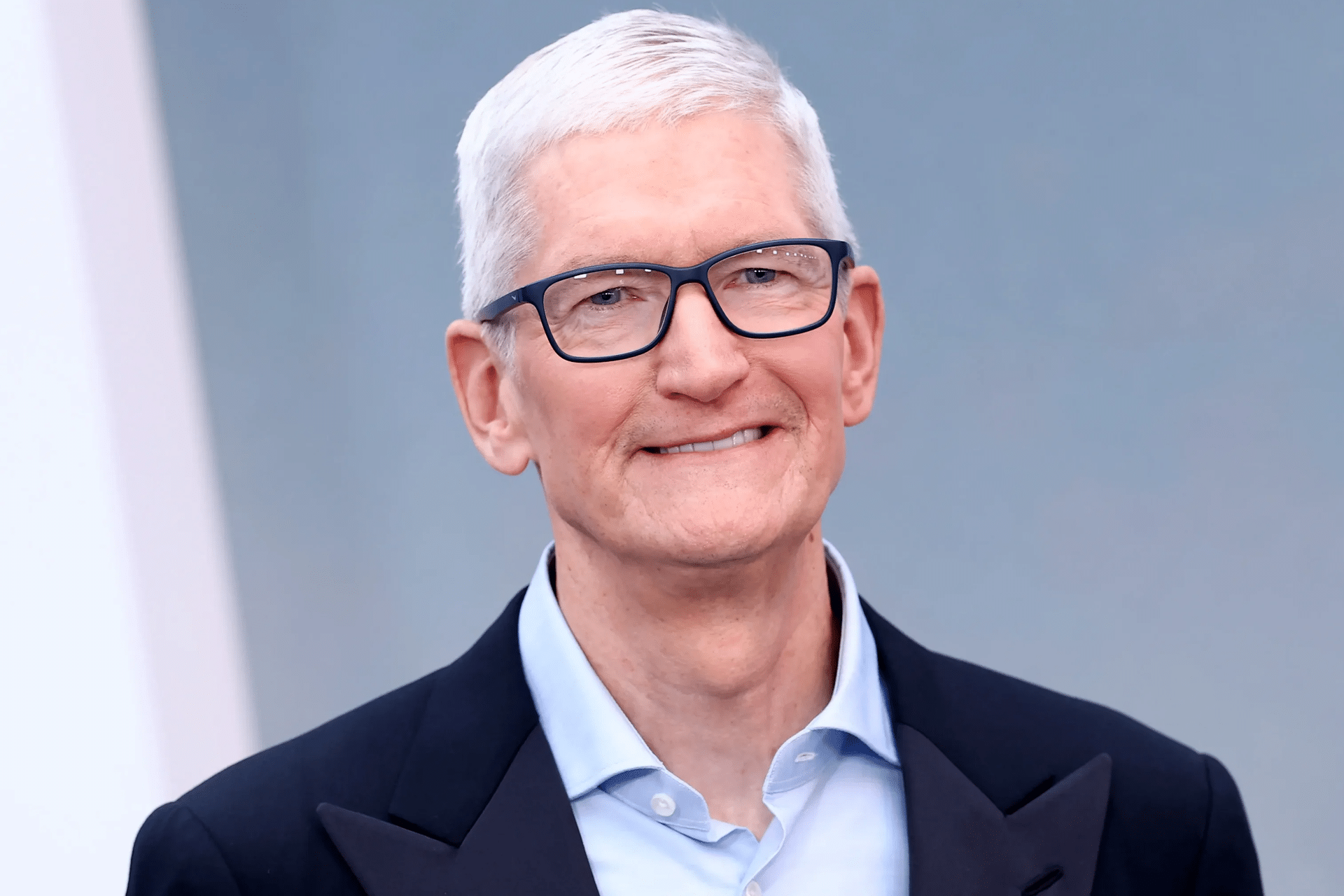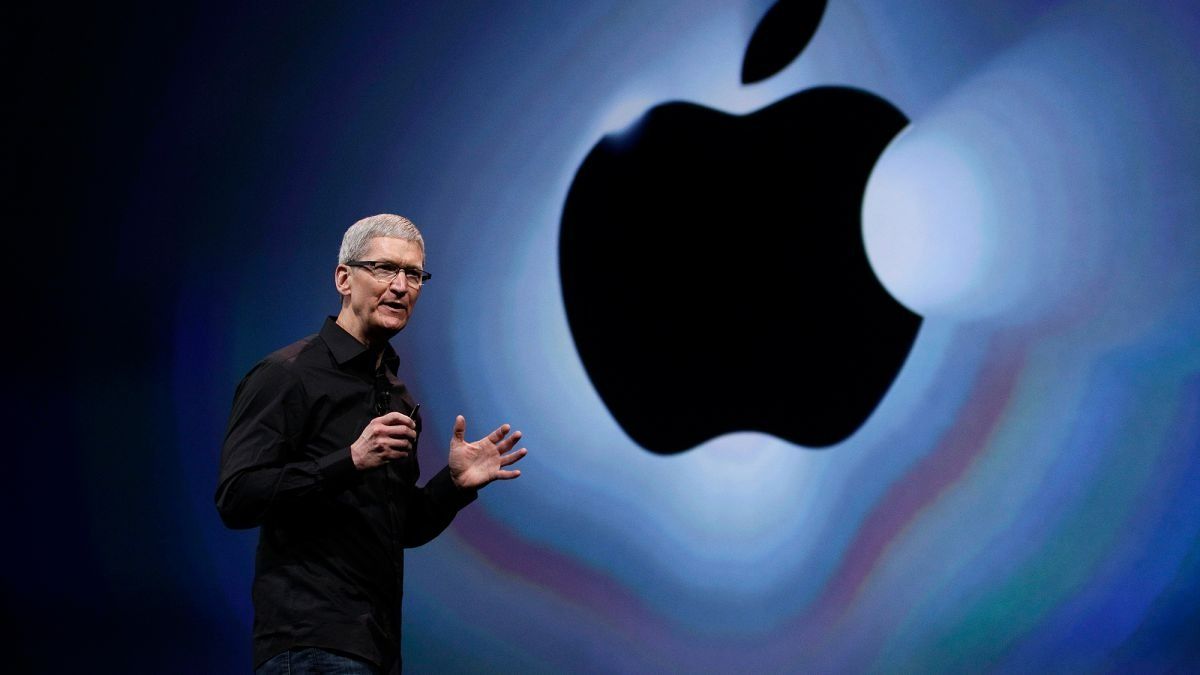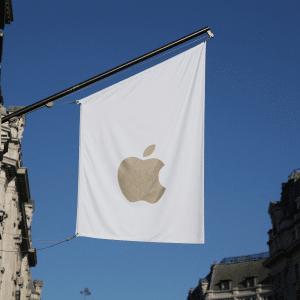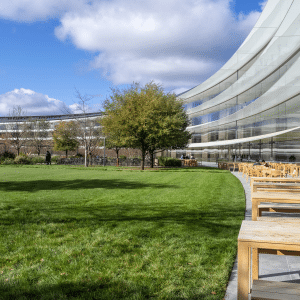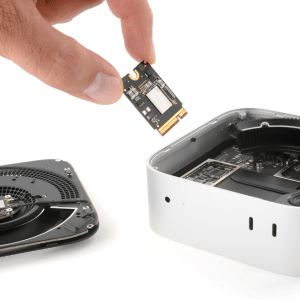Bloomberg’s Mark Gurman reports that Tim Cook, now in his fourteenth year as CEO, is not planning to step down anytime soon. Despite ongoing speculation about Apple’s succession plans, Cook reportedly intends to continue leading the company through what insiders describe as “the next major technological transition” — the full integration of artificial intelligence across its product ecosystem.
Cook’s Tenure and Influence
Since taking over from Steve Jobs in 2011, Cook has presided over a period of remarkable financial stability and sustained growth. Under his leadership, Apple has expanded its product portfolio beyond the iPhone, built one of the most efficient supply chains in history, and deepened its presence in services such as iCloud, Apple Music, and Apple TV+.
But Gurman’s latest report suggests Cook sees unfinished work ahead. The next chapter for Apple, he believes, will hinge on transforming artificial intelligence from a buzzword into something practical, integrated, and quietly indispensable — much like the iPhone was in its time.
People close to Apple say Cook’s leadership style — methodical, measured, and deeply operational — has kept the company steady amid market volatility. However, that same steadiness may also delay the generational handoff many have expected.
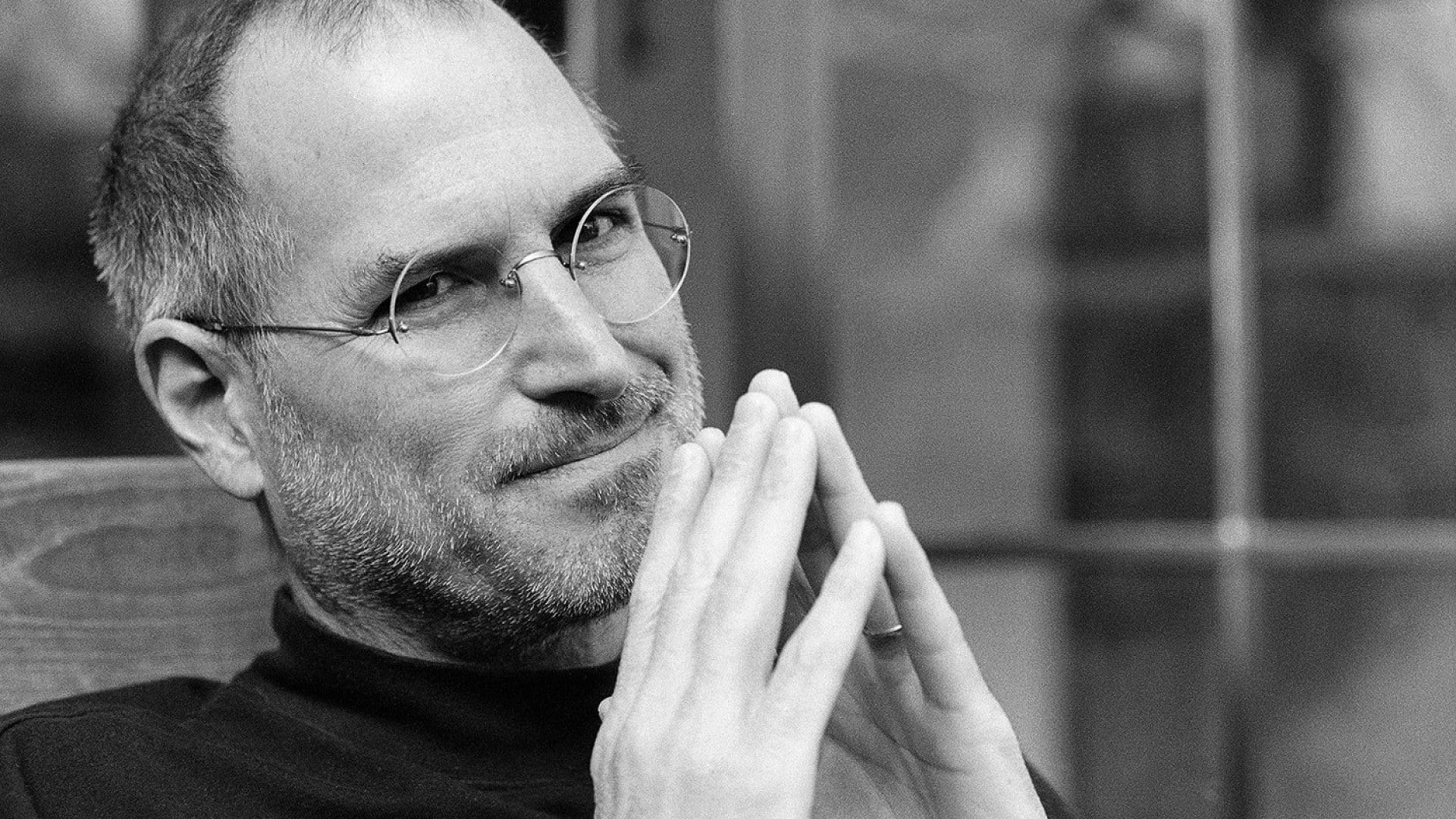
The AI Transition
Internally, Apple views the coming years as a defining period, one that could reorient the company around intelligent systems rather than individual devices. The rollout of Apple Intelligence features in iOS 18, macOS Sequoia, and watchOS 11 is seen as the first phase in that transition.
According to Gurman, Cook is personally overseeing the company’s long-term AI roadmap, working closely with software chief Craig Federighi and AI head John Giannandrea. His goal, insiders say, is to ensure Apple enters the AI race on its own terms — emphasizing privacy, security, and user control rather than data-driven monetization.
This hands-on involvement in Apple’s AI shift may be one reason Cook has decided to extend his tenure. Stepping away before the company’s next defining technology fully takes shape could risk disrupting a carefully orchestrated strategy.
A Measured Approach to Succession
Though Apple rarely comments on internal leadership dynamics, Gurman notes that the question of succession is an active — if quiet — discussion within the company. Several long-serving executives are seen as potential successors, including Chief Operating Officer Jeff Williams and Services head Eddy Cue.
Yet Cook’s decision to stay on means that transition planning remains theoretical for now. One former Apple executive described Cook’s leadership as “a long runway with no rush to land,” suggesting the company is prioritizing stability over disruption as it navigates the complexities of AI, supply chain diversification, and regulatory challenges.
Stability Amid Change
Apple’s board reportedly supports Cook’s decision, valuing his ability to maintain focus during rapid industry shifts. While many tech companies have faced turmoil amid the AI boom, Apple has moved deliberately, folding machine learning into products where it can add genuine value rather than chasing hype cycles.
At 64, Cook shows no public sign of winding down. His leadership continues to center on quiet, incremental progress — an approach that contrasts sharply with the breakneck experimentation seen elsewhere in Silicon Valley. Whether that patience will continue to pay off in the age of generative AI remains an open question.
Beyond the Cook Era
When the time does come for Cook to pass the baton, Apple’s transition will likely be smooth, shaped by the systems he built and the culture of restraint he reinforced. Unlike Jobs’ departure, which marked a philosophical shift, Cook’s exit is expected to be more procedural than emotional.
For now, Gurman’s reporting makes one thing clear: Tim Cook is not done. The next phase of Apple’s evolution — from devices to intelligent systems — is unfolding under his watch, and he intends to see it through before thinking about what comes next.
